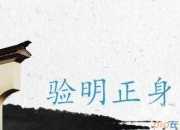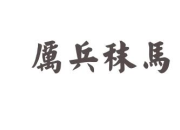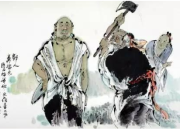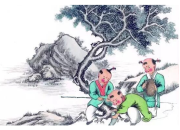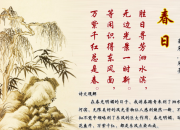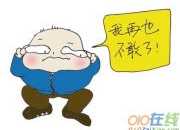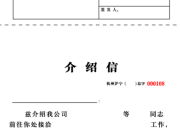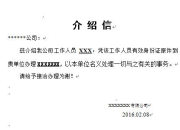卡特在北大演讲稿原文(3)
时间:2021-08-31Some noted scholars argue that direct elections of public officials are not suitable for China, comparing your own stability and economic progress with that of India and Russia. That fact is that your great nation already has made the remarkable transition to a relatively open society with sustained economic growth, based primarily on reforms initiated during the past quarter century. There is no doubt that further political changes could be made, if desired, without any real threat to stability or the rule of law.
My personal belief is that the goals of accountability, transparency, and the maintenance of a stable and orderly society can best be reached when the people are given the right and responsibility of choosing their own leaders directly. It is beneficial for all citizens to feel that they are involved personally in the shaping of their own destiny and for leaders to know that their political futures depend upon honoring promises and meeting the legitimate needs of those who have put them in office
This usually results in an easing of tensions, a spirit of voluntary teamwork, and an inclination to accept government decisions as coming from within one’s own family. Although democratic government process are sometimes fumbling and confusing, as in my own country, there is an innate capability for self-correction of mistakes and the peaceful accommodation of changing circumstances.
Contrary to the arguments of some scholars, there is no incompatibility between democracy and the rule of law, as proven in my country, Canada, throughout Europe, and in many other stable and prosperous nations in the world. Some, like South Korea, have had to face serious economic challenges brought about by global market changes, scarcity of raw materials, or inept management, but their resilience has been proven as their citizens and governments, as a unified, have rallied to overcome the problems.
It is only in the proper melding of the people and their government, n a democracy, that elected leaders can afford to permit complete freedom of speech, freedom of assembly, uestricted worship, movement from one place to another, the formation of trade unions to represent the interests of workers, unimpeded access to the Internet, and other ways to demonstrate free will and political human rights.
